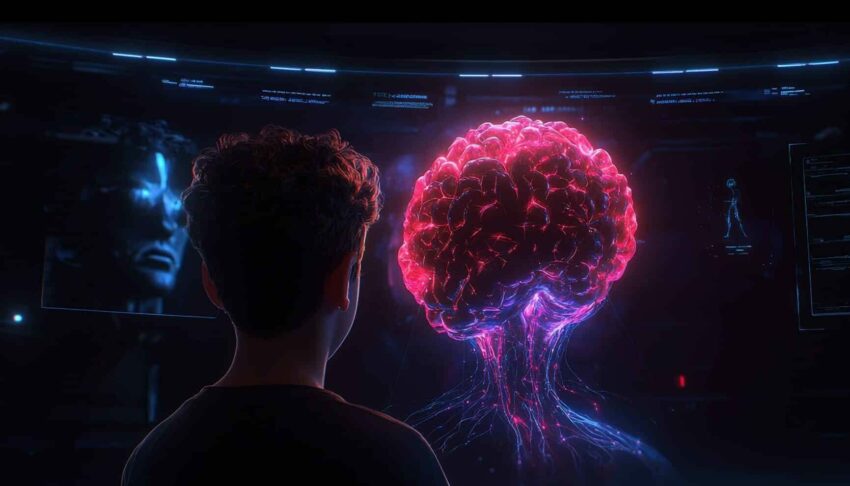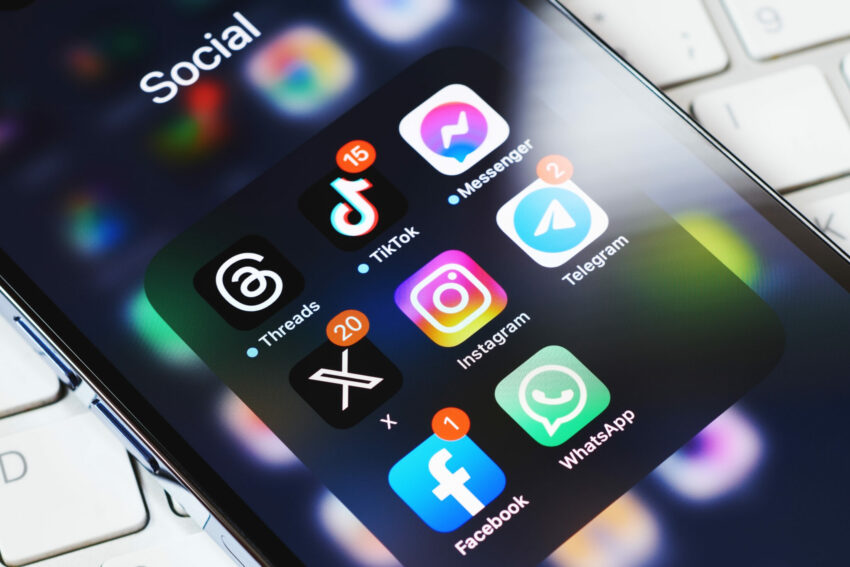- Planet
- Energy
- Health and biotech
- Digital
- Space
- Economics
- Industry
- Science and technology
- Society
- Geopolitics
- Neuroscience
- Videos
- Magazine

Avec Christophe Gaie, Head of the Engineering and Digital Innovation Division at the Prime Minister's Office, Jean Langlois-Berthelot, Ph.D. in Applied Mathematics and Head of Division in the French Army
Avec Lennart Hilbert, Professor of Bioinformatics and Systems Biology at Karlsruhe Institute of Technology
Avec Ioan Roxin, Professor Emeritus at Marie et Louis Pasteur University
A study showed that 83% of AI users were unable to remember a passage they had just written for an essay. A look at the impact of AI on our brains.
 Digital
Geopolitics
Digital
Geopolitics
Avec Francesca Musiani, CNRS Research Director and Head of Centre Internet et Société
In 2020, the EU launched the Gaia-X project, which aims to build an interoperable, secure data infrastructure that complies with European standards.


Avec Jean-François Gagné, Researcher at the Centre for International Studies and Research at Université de Montréal
Avec Martin Collet, Professor at Université Paris Panthéon-Assas
True, false or uncertain? GAFAMs benefit from more advantageous tax regimes than traditional companies in Europe...


Avec Clément Marquet, Research fellow at Centre de Sociologie de l'Innovation at Mines Paris - PSL
Avec Philippe Huneman, CNRS Research Director at Université Paris 1 Panthéon-Sorbonne, Oana Goga, Inria Research Director at Ecole Polytechnique (IP Paris)
The data we leave on websites is shared and sold, in particular to influence our online purchasing behaviour through targeted advertising.
